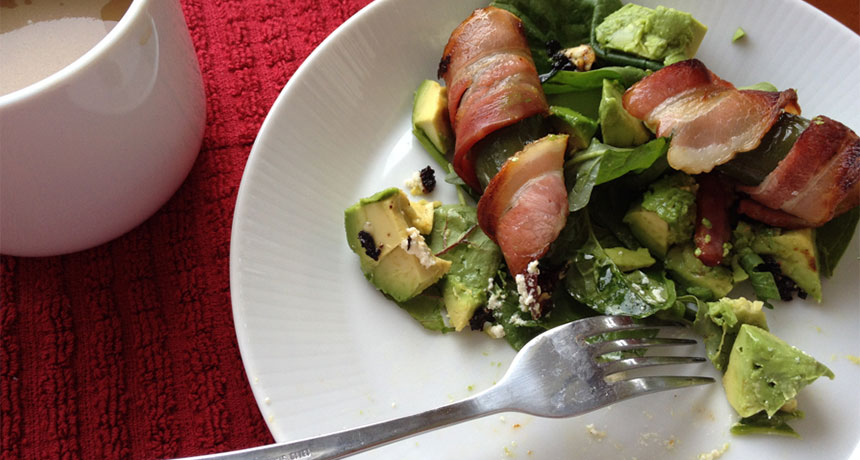No one-fits-all healthy diet exists

ORLANDO, Fla. — Weight gain may depend on how an individual’s genes react to certain diets, a new study in mice suggests.
Four strains of mice fared differently on four different diets, William Barrington of North Carolina State University in Raleigh reported July 15 at the Allied Genetics Conference.
One strain, the A/J mouse, was nearly impervious to dietary changes. Those mice didn’t gain much weight or have changes in insulin or cholesterol no matter what they ate: a fat-and-carbohydrate-laden Western diet, traditional Mediterranean or Japanese diet (usually considered healthy) or very low-carbohydrate, fat-rich fare known as the ketogenic diet.
In contrast, NOD/ShiLtJ mice gained weight on all but the Japanese diet. Those mice’s blood sugar shot up — a hallmark of diabetes — on a Mediterranean diet, but decreased on the Japanese diet.
FVB/NJ mice didn’t get fat on the Western diet, but became obese and developed high cholesterol and other health problems on the ketogenic diet. The opposite was true for C57BL/6J mice. They became obese and developed cholesterol and other problems linked to heart disease and diabetes in people on the Western diet, but not on the ketogenic diet. They also fattened up on the Mediterranean diet.
The results indicate that “there’s no universally healthy diet,” Barrington said. The findings echo results of a human study in which blood sugar rose in some people after eating some foods, even when the same food had no effect on other people (SN: 1/9/16, p. 8). Such individual reactions to food suggest that diets should be personalized.
Barrington and colleagues are working to find the genes that control the mouse strains’ varying responses to what they eat. There is still no way to predict how people will fare on a given diet, he said.